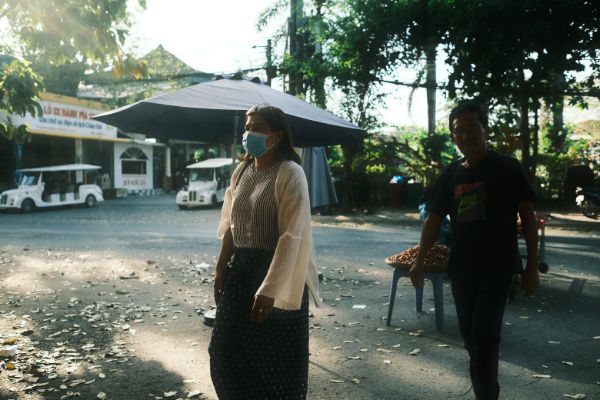When people prepare for taking a trip they often have a checklist of things they need to do and what to pack before taking that vacation, but they often don’t prepare their health care checklist. One of the most important things in our lives that we need to manage well is our health, when traveling being unprepared can have serious consequences, in fact life or death consequences. To avoid those serious consequences setting an appointment with your health care provider for a pre-travel consult is good health management and just plain smart traveling, especially if you have any pre-existing health conditions.
What is a Pre-Travel Consultation?
Depending on your travel destination, your healthcare provider may or may not be able to provide you with a Pre-Travel Consultation. You should discuss your itinerary, and if necessary, obtain a referral to a qualified doctor that understands your particular disease and health status, as well as the health care risks of your travel destination(s), typically a travel medicine expert.
This means if you are going away to the “Hamptons” your primary care physician may aptly provide you with a pre-travel consultation, but if you’re destination is Indonesia your primary care physician may not be well versed in the culture, infectious diseases of the region, travel medicine and risks associated with the region for specific illnesses. Therefore, it is very important to get a comprehensive consultation from a qualified medical specialist in travel medicine if your health is in need of special attention, you are in a special risk category due to existing disease(s), or are traveling to remote, exotic, or itineraries with existing health warnings or reason for concern (related to your health status).
Your pre-travel consultation should include and incorporate the following:
- Full history of your health background
- Addressing any existing condition(s) (diabetes, heart disease, asthma, etc.).
- Destination risks (likely exposures).
- Duration of stay.
- Modes of travel (and any associated risks) i.e. zip lining, camel riding etc.
- Risks associated with activities pertaining to your present health conditions (scuba diving, hiking, mountain climbing etc.).
Known regional risks, precautions against airborne, water borne, food borne, blood borne, or other know infections of the region (sexually transmitted infections, respiratory infections, malaria, etc.).
Discussion of regional travel vaccines and immunization updating (if required). - Discussion and recommendation on the benefits of medical alert bracelets and cards.
- Instruction on preventive measures for regional health risks and common self treatment methods and or medications for typical traveler’s ailments i.e. motion sickness, diarrhea, malaria prevention, etc.
- Recommendation checklist (based on your itinerary & health history) for a self treatment first aid kit to include prescription (bringing enough to last the duration of your trip) and non prescription medications, sun block, meds for sea/motion sickness, headache, diarrhea, anti itch cream, etc.
- Written documentation of all pre-existing medical conditions, allergies, vaccine and immunization records.
- Written instructions for easy reference (while away), comprehension, and retention.
When we think of a long awaited trip we’ve been dreaming of, or checking off another venue on our bucket list, it’s not likely we’re thinking of the indigenous diseases of the region, or even know what they are. Let alone the associated risks of certain activities such as; the risk of contracting Schistosomiasis from freshwater lakes, rivers, and streams a particular example being sub-Saharan Africa where these flat worms floating on the top of the water can invade your body by penetrating intact skin and then traveling the bloodstream infecting your vital organs such as the bladder and liver. Regional health risks are a main factor as to why you should always set an appointment with your health care provider for a pre-travel consultation, especially if you have a pre-existing health condition(s).
There are other serious and even deadly concerns your pre-travel consultation can address such as long distance air travel and the associated risks for deep vein thrombosis. Most travel related illnesses are well managed and even preventable whether it’s a family vacation to Cape Cod or extended overseas travel, being prepared is the best medicine.
If you are planning a trip to Asia, Central America, South America, or Africa you should schedule a pre-travel consultation four to six weeks prior to your departure. Be certain to bring your current medical history with you and share full disclosure of any vaccines and/or your immunization records.
When traveling to foreign countries you may also wish to consider enrolling in the Smart Traveler Enrollment Program (STEP) formerly known as “Registration with Embassies” this program is designed to give you the latest information on travel alerts and timely warnings tailored specifically to your travel destinations. It is also very useful if there should be a natural disaster during your stay, assisting with evacuation of U.S. citizens, contacting you or your family members during an emergency, as well as assisting in other emergencies, such as if your passport is lost or stolen. Just one more added protection to ensure your travels are healthy, safe, and secure. You can enroll by going to http://travel.state.gov/content/passports/english/go/step.html.
